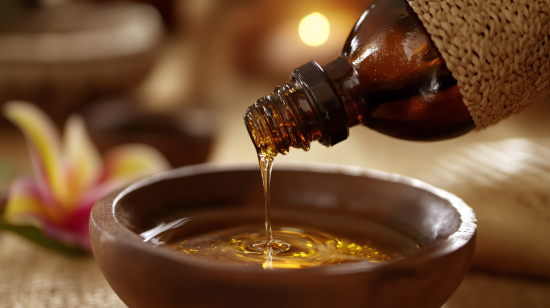Aromatherapy and massage have been known in several societies for centuries as they are known to have curative, healing, revitalizing, and calming effects on the body. Of the many types of oils employed in these practices, those originating from Africa are particularly special due to their properties, history, and cultural rootedness. These oils are distilled from some of the largest and most diverse continents globally and have been employed for centuries, not just for their fragrances but for medicine, too. This article moves deeper into identifying African oils, their aromatherapy and massage, their cultural importance, and their uses in the promotion of health.
The Rich Heritage of African Oils
Africa is a continent that is very endowed with natural resources, and the same applies to its oils. Oils can be traced back to the ancient Africans when they were popularly used in religious and medicinal practices. They are obtained from different plants, seeds, and nuts, and each one has unique characteristics and uses. For example, the ancient Egyptians employed liquid such as myrrh and Frank incense in their mummification and religious rites. Such oils were also used by the people in their everyday activities, including as fragrances and for medicinal purposes. Likewise, in West African countries, shea butter, which is extracted from shea tree nuts, is used to moisturize and cure skin ailments.
African oils are not only simple products that are used in the daily lives of populations; they have their place in the context of the culture of the African States. They bear messages of cultural heritage from one generation to another, and today, they are found useful in aromatherapy and massages.
Common African Oils Used in Aromatherapy and Massage
Shea Butter
Shea tree butter is arguably one of the most popular African oils, especially in cosmetic and skin care products. Shea butter is obtained from the fruit of the shea tree (Vitellaria paradoxa), a tree that is from West Africa and is very popular because of its moisturizing abilities. Shea butter is also used in aromatherapy and massages and is ideal as a base oil for its smooth, blended, creamy feel and quick absorption. Rich in anti-inflammatory and antioxidant compounds, it is used to treat dry skin, dermatitis, and minor burns. Furthermore, shea butter is sometimes blended with essential oils to make it fragrant and improve its healing properties. Shea butter is fragrance-friendly due to having a mild and nutty scent that is appropriate for blending with essential oil, especially in massage.
Baobab Oil
Another African oil that has recently come into the spotlight is the baobab oil obtained from the seeds of the baobab tree (Adansonia digitata). Culturally important in Africa and commonly called the tree of life, the baobab tree is tall and full of nutrients. It is packed with vitamins A, D, E, and F, which go a long way in making the skin healthy by providing it with the necessary nutrients. In aromatherapy and massage, the oil derived from the seeds of baobab is valued for its skin conditioning qualities, which include the capacity to induce skin softness. It has a finely smooth, non-greasy texture that gets rapidly assimilated into the skin without feeling sticky or oily on the skin surface. Another benefit of Baobab oil is that it’s less inflammatory due to its high omega-7 fatty acid content, which makes it ideal for healing skin that has come in contact with irritants or chemicals.
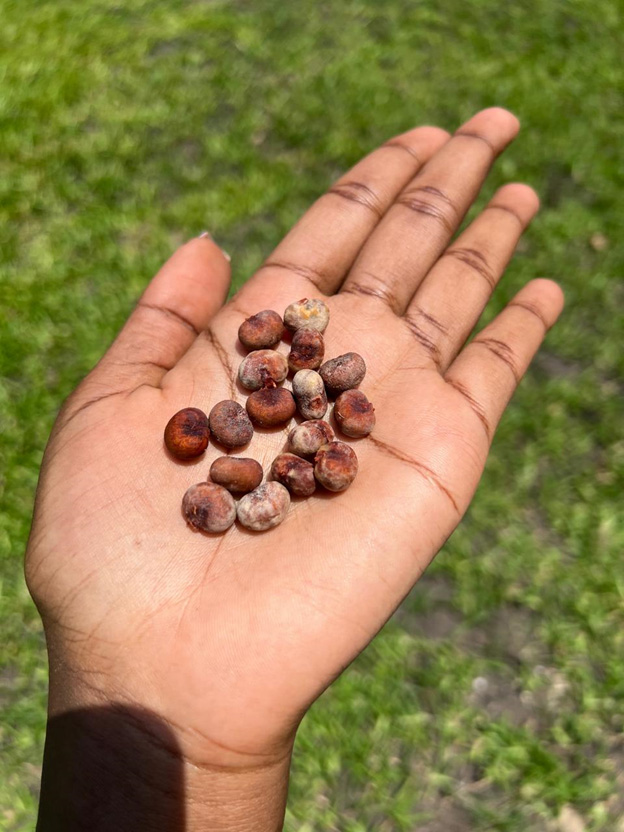
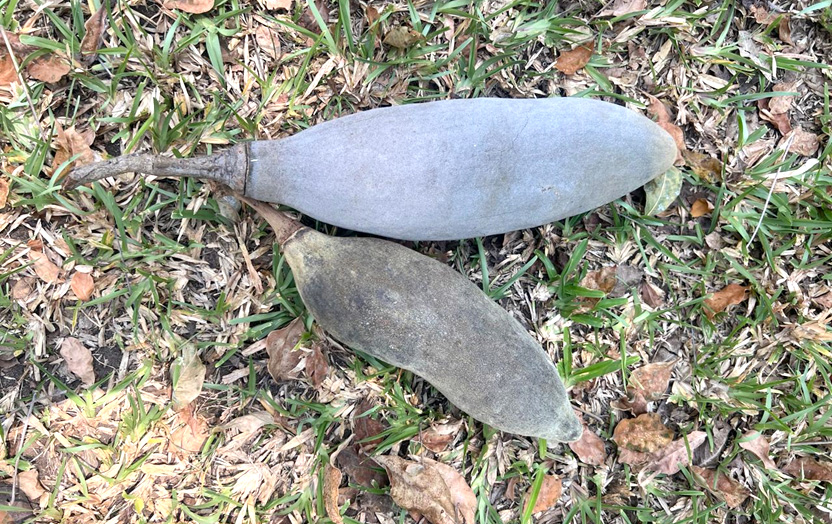
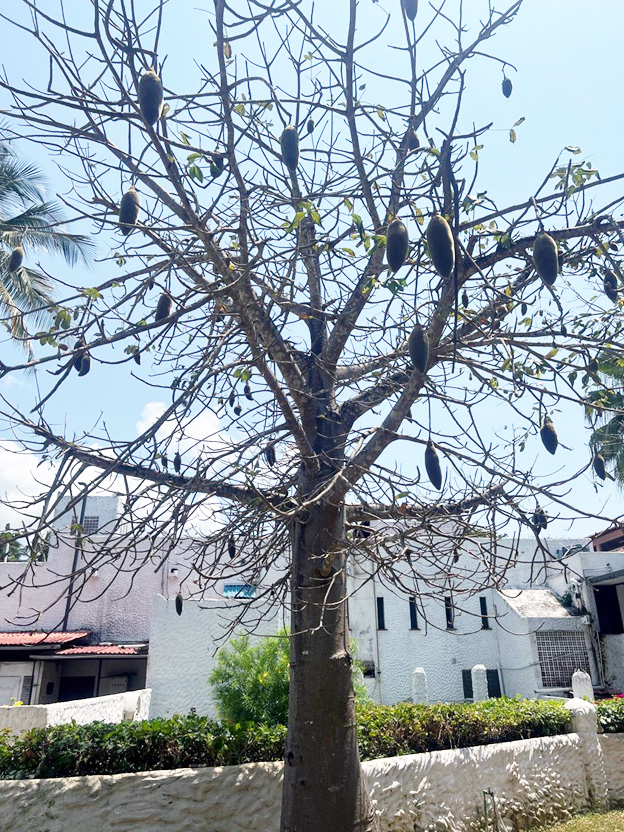
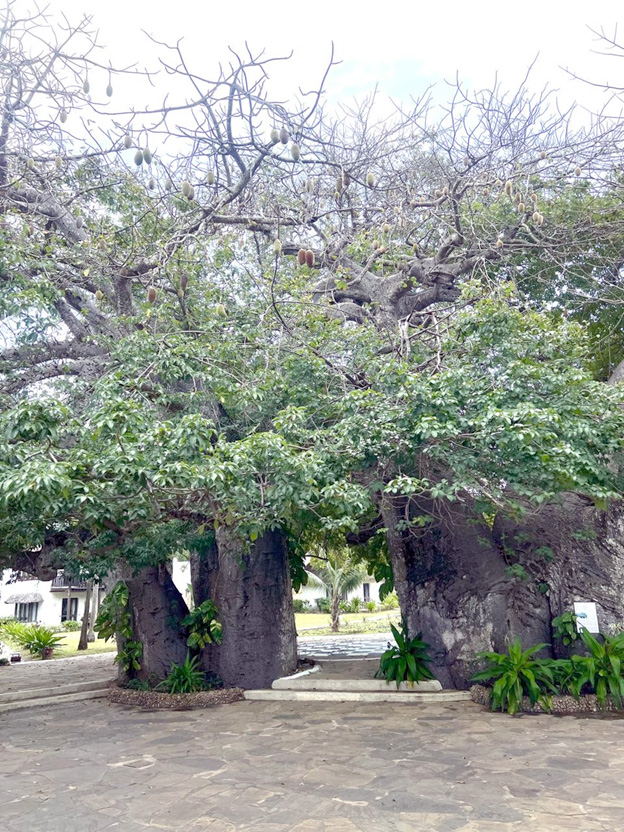
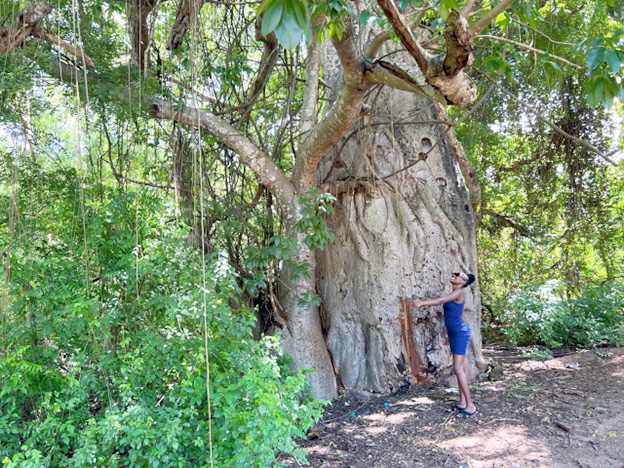
Marula Oil
Marula oil is produced from the kernels of the marula fruit, or Sclerocarya birrea, which is indigenous to South Africa. An excellent source of antioxidants, fatty acids, and amino acids, marula oil has a slew of skin-enhancing properties. It is very moisturizing and is excellent for dry or aging skin, and it is also an anti-inflammatory and antimicrobial. In aromatherapy, marula oil is most appreciated for its soft, fruity note, which is gentle and easily combined with other essential oils. It can easily sink into the skin due to its light nature, making it ideal for use in massages. Marula oil is marketed as a topical solution to tension, stress, and skin conditions.
Moringa Oil
Moringa oil comes from the seeds of the moringa tree or Moringa oleifera, which is also known as the ‘miracle tree,’ and it offers many benefits. Moringa is a tree from the African and Asian continents, which has many nutritional and medicinal benefits. The specific benefits of moringa oil in aromatherapy and massage are attributed to the fact that it penetrates the skin well in order to replenish it. They are also packed with oleic acid, which makes them great for hydration and restoring the skin barrier. Moringa oil also contains free radical-fighting antioxidants, which help eliminate signs of skin aging. This is gentle and not oily, which makes it suitable for massage therapists since it does not leave the skin feeling oily.
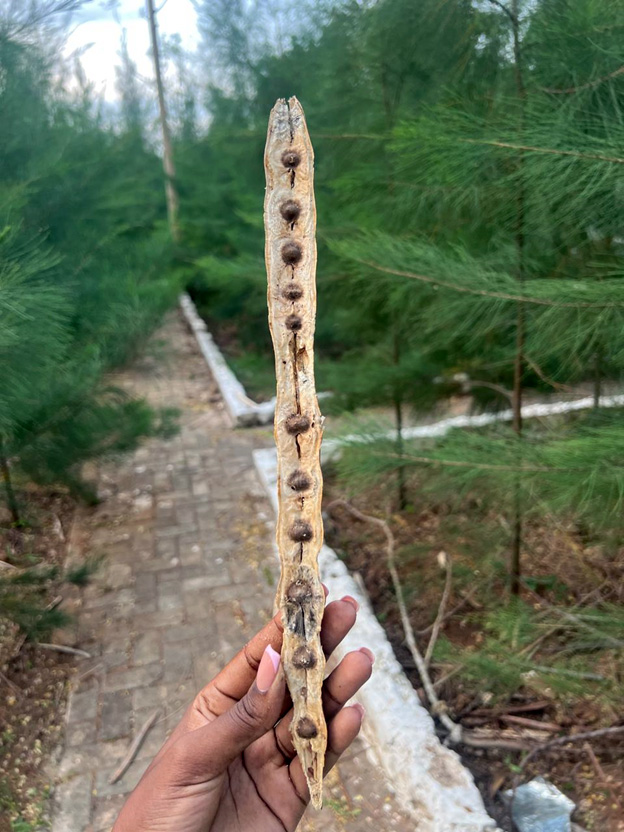
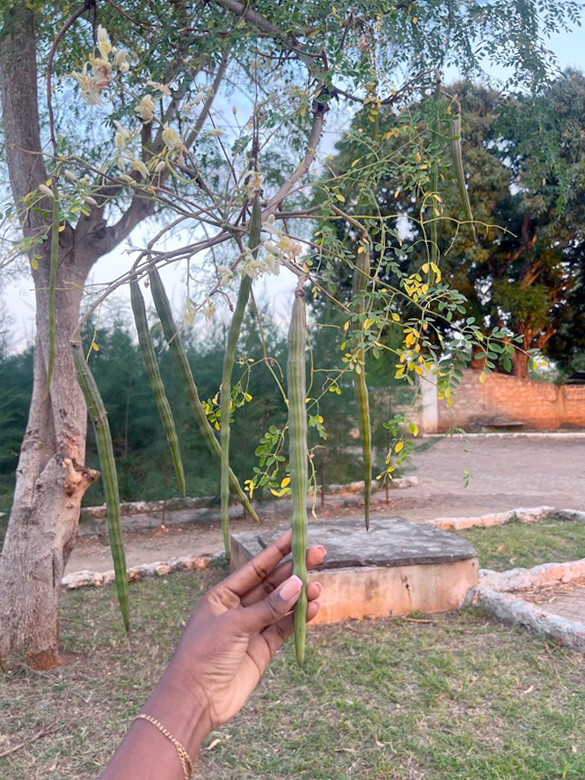
Argan Oil
Argan oil, popular in Morocco, should be included in the list of the African oils used in aromatherapy and massage. Derived from the kernels of the argan tree that is indigenous to Morocco only, argan oil contains substantial amounts of vitamin E, essential fatty acids, and polyphenols. Argan oil is effective in moisturizing the skin and is hence widely used in massages. It also has an anti-inflammatory effect that comes in handy in treating skin conditions such as eczema and psoriasis. In aromatherapy, argan oil is also utilized as a base oil, mixed with other essential oils for increased effectiveness.
Benefits of Using African Oils in Aromatherapy and Massage
The incorporation of African oils into aromatherapy and massage products brings with it an array of advantages ranging from the physical to the psychological. These oils are both packed with essential nutrients that heal the skin and have a sensory aspect that can work wonders on the psyche.
Skin Nourishment and Hydration
Shea butter and marula oil are some of the African oils that are very rich in moisturizing and nourishing the skin. They support the natural barrier function of the skin, which is crucial to prevent it from becoming dry and dull. These oils are especially useful for people with dry skin or any skin issues since they do not linger on the surface of the skin but deeply moisturize it.
Anti-inflammatory and Healing Properties
Among the African oils, such as baobab and moringa oil, it could be pointed out that they have anti-inflammatory properties that can help to reduce skin inflammation. These oils are also considered to have medicinal properties and, thus, can be used to treat minor injuries, cuts, and skin conditions such as burns. These oils also contain natural antioxidants that assist in guarding the skin against further environmental influences and aging.
Aromatherapy Benefits
Another factor that makes African oils suitable for aromatherapy is their aroma. These oils have a very natural aroma, which may be of a nutty, fruity, or earthy quality, and can upload a sense of serenity, tranquility, and wellness. In massage, these scents are beneficial and can help to alleviate stress and achieve a state of mental clarity.
Cultural Connection and Heritage
The incorporation of African oils in aromatherapy and massage offers not only a physical and psychological advantage to the body but also serves as an avenue to embrace African culture. These oils contain energies of the regions they are sourced from; thus, incorporating them into treatments enables people to harness the power and tradition inherent in African peoples.
Ethical Considerations and Sustainability
With the increase in the use of African oils in the global market, relevant practices and or standards in the production process should be looked into. African oils are produced by locals within villages where the practice of oil extraction has been inherited from ancestors. Promoting fair trade practices and environmentally friendly harvesting techniques signifies that these societies benefit from the market demand. Furthermore, practicing sustainability assists in conserving the natural landscapes from which these oils are sourced. For instance, the African baobab tree is used widely in many regions in Africa, and with proper and sustainable harvesting, there is a chance that in the future, more such trees will be grown.
Conclusion
African oils are deeply rooted in the culture and are a great asset when it comes to aromatherapy and massage therapy. This includes nourishing and healing shea butter and refreshingly invigorating marula oil; these oils have multiple functions that can help the skin, body, and spirit. In the current world where people are opting for organic and traditional means of healthcare, African oils should not be neglected as powerful resources in achieving relaxation, health, and identity. By using these oils in aromatherapy and massage, we are not only making use of the curative properties of each of the oils, but in doing so, we are respecting the African people’s heritage by utilizing an aspect of their long-established knowledge in the modern world. Towards the future, when people accept the use of more sustainable and ethical tools for wellness, the use of African oils is a chance to contribute to the welfare of the producers and to minimize the negative impact on the attractive nature of Africa.
References
Aćimović, M. (2021). Essential oils: Inhalation aromatherapy—a comprehensive review. J. Agron. Technol. Eng. Manag, 4, 547-557.
Adetuyi, B. O., Olajide, P. A., Adetunji, C. O., Adetunji, J. B., Popoola, O. A., Ajenifujah-Solebo, O., … & Inobeme, A. (2024). Application of essential oil in aromatherapy: current trends. In Applications of Essential Oils in the Food Industry (pp. 219-233). Academic Press.
Irshad, M., Subhani, M. A., Ali, S., & Hussain, A. (2020). Biological importance of essential oils. Essential Oils-Oils of Nature, 1, 37-40.
Özlü, Z. K., & Bilican, P. (2017). Effects of aromatherapy massage on the sleep quality and physiological parameters of patients in a surgical intensive care unit. African Journal of Traditional, Complementary and Alternative Medicines, 14(3), 83-88.
Zare, G., Diker, N. Y., & Çankaga, I. I. T. Traditional Use of Medicinal Plants and Essential Oils. In Essential Oils (pp. 134-181). CRC Press.


